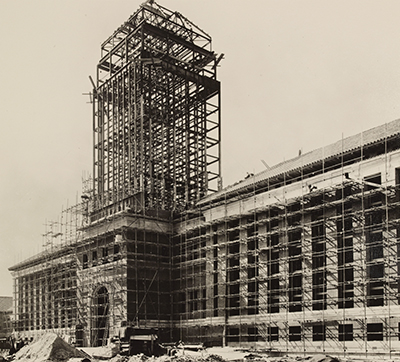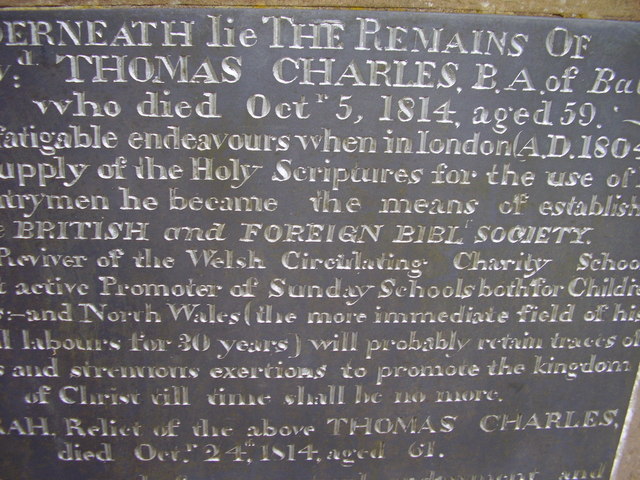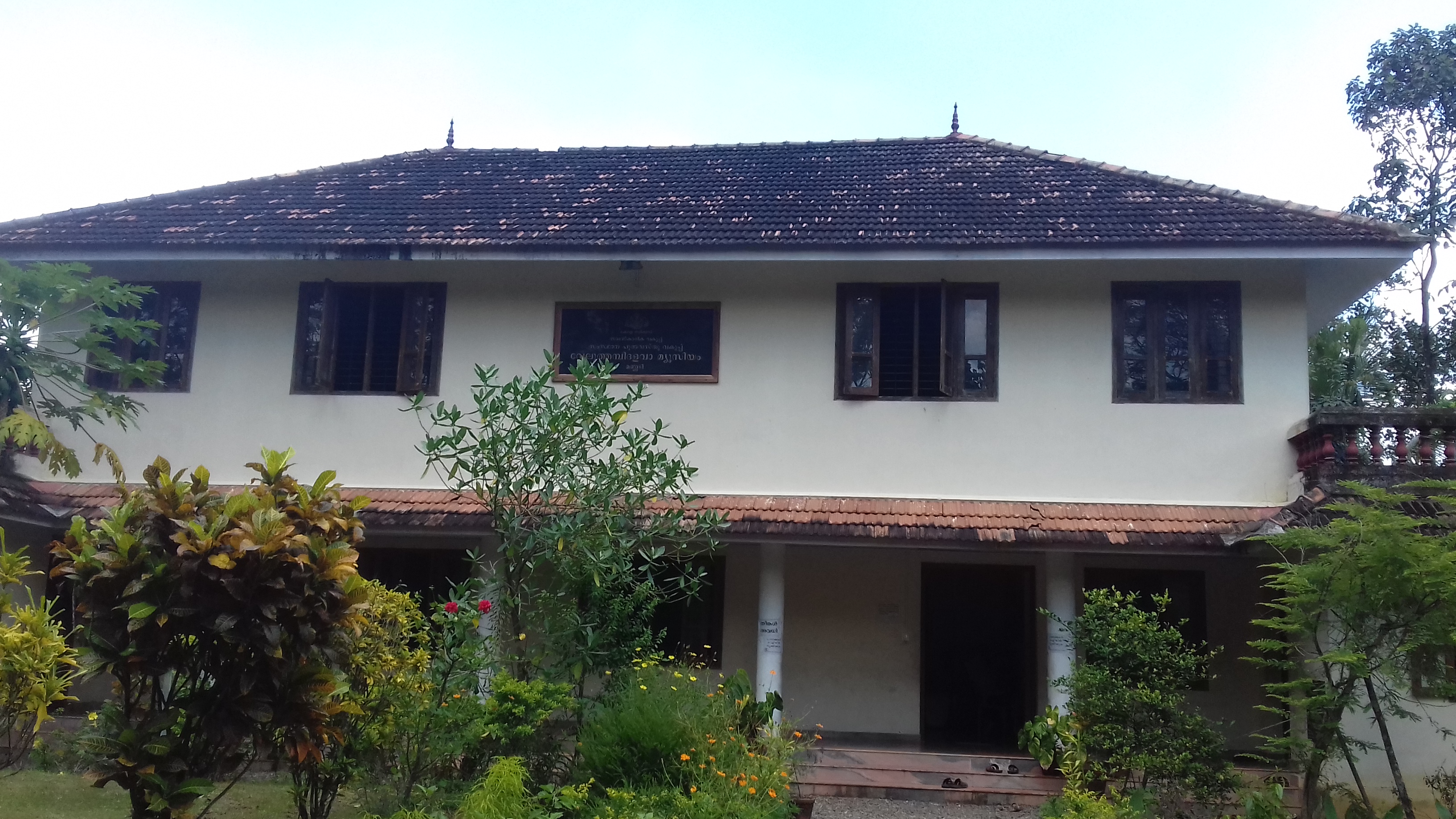|
Colin Macaulay
Colin Macaulay (13 April 1760 – 20 February 1836), was a Scottish general, biblical scholar and key activist in the campaign to abolish slavery. Early life Macaulay was a son of the Rev. John Macaulay (1720–1789), minister in the Church of Scotland, grandson of Dòmhnall Cam. and his mother was Margaret Campbell. He had eleven brothers and sisters, including Zachary Macaulay, one of the prime movers in the Abolition of Slavery campaign throughout the British Empire, as well as the Governor of Sierra Leone (a British settlement for freed slaves from America). Another brother was the Rev. Aulay Macaulay (writer), Aulay Macaulay, scholar and antiquary. Whilst much has been written of the early life of his brothers, little is known about Colin's upbringing. However, his education must have been formative as he became in later life a distinguished linguist with extensive knowledge of classical and modern languages, history and literature, and he wrote with a polished style. It ... [...More Info...] [...Related Items...] OR: [Wikipedia] [Google] [Baidu] |
General Colin Macaulay, 1792
A general officer is an officer of high rank in the armies, and in some nations' air forces, space forces, and marines or naval infantry. In some usages the term "general officer" refers to a rank above colonel."general, adj. and n.". OED Online. March 2021. Oxford University Press. https://www.oed.com/view/Entry/77489?rskey=dCKrg4&result=1 (accessed May 11, 2021) The term ''general'' is used in two ways: as the generic title for all grades of general officer and as a specific rank. It originates in the 16th century, as a shortening of ''captain general'', which rank was taken from Middle French ''capitaine général''. The adjective ''general'' had been affixed to officer designations since the late medieval period to indicate relative superiority or an extended jurisdiction. Today, the title of ''general'' is known in some countries as a four-star rank. However, different countries use different systems of stars or other insignia for senior ranks. It has a NATO rank scal ... [...More Info...] [...Related Items...] OR: [Wikipedia] [Google] [Baidu] |
Third Anglo-Mysore War
The Third Anglo-Mysore War (1790–1792) was a conflict in South India between the Kingdom of Mysore and the British East India Company, the Kingdom of Travancore, the Maratha Empire, and the Nizam of Hyderabad. It was the third of four Anglo-Mysore Wars. Background Tipu Sultan, the ruler of the Kingdom of Mysore, and his father Hyder Ali before him, had previously fought twice with the forces of the British East India Company. The First Anglo-Mysore War, fought in the 1760s, had ended inconclusively on both sides, with treaty provisions including promises of mutual assistance in future conflicts. British failure to support Mysore in conflicts with the Maratha Empire and other actions supportive of Mysore's enemies led Hyder to develop a dislike for the British. After the British took the French-controlled port of Mahé in 1779, Hyder, who had been receiving military supplies through that port and had placed it under his protection, opened the Second Anglo-Mysore War. This w ... [...More Info...] [...Related Items...] OR: [Wikipedia] [Google] [Baidu] |
Palimpsest
In textual studies, a palimpsest () is a manuscript page, either from a scroll or a book, from which the text has been scraped or washed off so that the page can be reused for another document. Parchment was made of lamb, calf, or kid skin and was expensive and not readily available, so, in the interest of economy, a page was often re-used by scraping off the previous writing. In colloquial usage, the term ''palimpsest'' is also used in architecture, archaeology and geomorphology to denote an object made or worked upon for one purpose and later reused for another; for example, a monumental brass the reverse blank side of which has been re-engraved. Etymology The word ''palimpsest'' derives from the Latin '' palimpsestus'', which derives from the Ancient Greek παλίμψηστος (, from + = 'again' + 'scrape'), a compound word that describes the process: "The original writing was scraped and washed off, the surface resmoothed, and the new literary material written o ... [...More Info...] [...Related Items...] OR: [Wikipedia] [Google] [Baidu] |
Codex Zacynthius
Codex Zacynthius (designated by siglum Ξ or 040 in the Gregory-Aland numbering; A1 in von Soden) is a Greek New Testament codex, dated paleographically to the 6th century. First thought to have been written in the 8th century, it is a palimpsest—the original (lower) text was washed off its vellum pages and overwritten in the 12th or 13th century. The upper text of the palimpsest contains weekday Gospel lessons (''ℓ''299); the lower text contains portions of the Gospel of Luke, deciphered by biblical scholar and palaeographer Tregelles in 1861. The lower text is of most interest to scholars. The manuscript came from Zakynthos, a Greek island, and has survived in a fragmentary condition. It was brought to England in 1821 and transferred to Cambridge University in 1985 which later purchased it after an appeal in 2014. It is often cited in critical editions of the Greek New Testament. Description The lower text of the manuscript contains fragments of the chapters 1:1-1 ... [...More Info...] [...Related Items...] OR: [Wikipedia] [Google] [Baidu] |
Septinsular Republic
The Septinsular Republic ( el, Ἑπτάνησος Πολιτεία, Heptanēsos Politeia; it, Repubblica Settinsulare) was an oligarchic republic that existed from 1800 to 1807 under nominal Russian and Ottoman sovereignty in the Ionian Islands (Corfu, Paxoi, Lefkada, Cephalonia, Ithaca, Zakynthos (Zante in English), and Kythira). The Republic was established after a joint Russo-Ottoman fleet captured the islands and ended a two-year rule by the French Republic. Although the islanders had hoped for complete independence, the new state was granted only autonomy, becoming tributary to the Ottoman Porte. Nevertheless, it was the first time Greeks had been granted self-government since the fall of the last remnants of the Byzantine Empire to the Ottomans in the mid-15th century. In 1807, the republic was ceded to Napoleon's French Empire, but the islands kept their institutions of government. The British gradually took control of the islands from 1809 on, and following the Treat ... [...More Info...] [...Related Items...] OR: [Wikipedia] [Google] [Baidu] |
Zante
Zakynthos (also spelled Zakinthos; el, Ζάκυνθος, Zákynthos ; it, Zacinto ) or Zante (, , ; el, Τζάντε, Tzánte ; from the Venetian form) is a Greek island in the Ionian Sea. It is the third largest of the Ionian Islands. Zakynthos is a separate regional unit of the Ionian Islands region, and its only municipality. It covers an area of and its coastline is roughly in length. The name, like all similar names ending in , is pre-Mycenaean or Pelasgian in origin. In Greek mythology the island was said to be named after Zakynthos, the son of the legendary Arcadian chief Dardanus. Zakynthos is a tourist destination, with an international airport served by charter flights from northern Europe. The island's nickname is "the Flower of the Levant", bestowed upon it by the Venetians who were in possession of Zakynthos from 1484 to 1797. History Ancient history The ancient Greek poet Homer mentioned Zakynthos in the ''Iliad'' and the ''Odyssey'', stating that i ... [...More Info...] [...Related Items...] OR: [Wikipedia] [Google] [Baidu] |
Malayalam
Malayalam (; , ) is a Dravidian language spoken in the Indian state of Kerala and the union territories of Lakshadweep and Puducherry (Mahé district) by the Malayali people. It is one of 22 scheduled languages of India. Malayalam was designated a "Classical Language of India" in 2013. Malayalam has official language status in Kerala, and Puducherry ( Mahé), and is also the primary spoken language of Lakshadweep, and is spoken by 34 million people in India. Malayalam is also spoken by linguistic minorities in the neighbouring states; with significant number of speakers in the Kodagu and Dakshina Kannada districts of Karnataka, and Kanyakumari, district of Tamil Nadu. It is also spoken by the Malayali Diaspora worldwide, especially in the Persian Gulf countries, due to large populations of Malayali expatriates there. There are significant population in each cities in India including Mumbai, Bengaluru, Delhi, Kolkata, Pune etc. The origin of Malayalam remains a matter of ... [...More Info...] [...Related Items...] OR: [Wikipedia] [Google] [Baidu] |
Claudius Buchanan
Claudius Buchanan FRSE (12 March 1766 – 9 February 1815) was a Scottish theologian, an ordained minister of the Church of England, and an evangelical missionary for the Church Missionary Society. He served as Vice Provost of the College of Calcutta in India. Early life Buchanan was born in Cambuslang near Glasgow. His father, Alexander Buchanan, was the local schoolmaster in Inverary. He was educated at the University of Glasgow and the Queens' College, Cambridge. He was ordained in 1795 by the Bishop of London. India After holding a chaplaincy in India at Barrackpur (1797–1799), Buchanan was appointed Calcutta chaplain and vice-principal of the college of Fort William. In this capacity he did much to advance Christianity and native education in India, especially by organizing systematic translations of the scriptures. First Malayalam Bible During a visit to Malabar in 1806, present day South-western state of Kerala, he visited Mar Thoma VI, head of the Malankara Chu ... [...More Info...] [...Related Items...] OR: [Wikipedia] [Google] [Baidu] |
Cambridge University Library
Cambridge University Library is the main research library of the University of Cambridge. It is the largest of the over 100 libraries within the university. The Library is a major scholarly resource for the members of the University of Cambridge and external researchers. It is often referred to within the university as the UL. Thirty three faculty and departmental libraries are associated with the University Library for the purpose of central governance and administration, forming "Cambridge University Libraries". Cambridge University Library is one of the six legal deposit libraries under UK law. The Library holds approximately 9 million items (including maps and sheet music) and, through legal deposit, purchase and donation it receives around 100,000 items every year. The University Library is unique among the legal deposit libraries in keeping a large proportion of its material on open access and in allowing some categories of reader to borrow from its collections. Its or ... [...More Info...] [...Related Items...] OR: [Wikipedia] [Google] [Baidu] |
Quilon Syrian Copper Plates
Kollam/Quilon Syrian copper plates, also known as Kollam Tarisappalli copper plates, or Kottayam inscription of Sthanu Ravi, or Tabula Quilonensis record a royal grant issued by the chieftain of Kollam (Ayyan Adikal) to a Syrian Christian merchant magnate ( Mar Sapir Iso) in Kerala. The royal charter is engraved in old Malayalam in Vattezhuthu (with some Grantha characters) on six copper plates. The document is the oldest available Chera Perumal inscription. The charter is dated to the 5th regnal year of the Chera Perumal ruler Sthanu Ravi Kulasekhara (849/50 AD). The sixth plate contains a number of signatures of the witnesses to the grant in Arabic (Kufic script), Middle Persian (cursive Pahlavi script) and Judeo-Persian (standard square Hebrew script). Until recently (2013) it was believed that the six plates formed two separate grants (dated separately) issued by Kerala rulers to the Syrian Christian merchants. One part (four plates) of the copper plates is kept at the ... [...More Info...] [...Related Items...] OR: [Wikipedia] [Google] [Baidu] |
British And Foreign Bible Society
The British and Foreign Bible Society, often known in England and Wales as simply the Bible Society, is a non-denominational Christian Bible society with charity status whose purpose is to make the Bible available throughout the world. The Society was formed on 7 March 1804 by a group of people including William Wilberforce and Thomas Charles to encourage the "wider circulation and use" of the Scriptures. History The British and Foreign Bible Society dates back to 1804 when a group of Christians, associated with the Religious Tract Society, sought to address the problem of a lack of affordable Bibles in Welsh for Welsh-speaking Christians. Many young girls had walked long distances to Thomas Charles to get copies of the Bible. Later the story was told of one of them – a young girl called Mary Jones who walked over 20 miles to get a Bible in Bala, Gwynedd. BFBS was not the first Bible Society in the world. The first organisation in Britain to be called "The Bible Society ... [...More Info...] [...Related Items...] OR: [Wikipedia] [Google] [Baidu] |
Velu Thampi Dalawa
Velayudhan Chempakaraman Thampi of Thalakulam (1765–1809) was the Dalawa or Prime Minister of the Indian kingdom of Travancore between 1802 and 1809 during the reign of Bala Rama Varma Kulasekhara Perumal. He is best known for being one of the earliest individuals to rebel against the British East India Company's authority in India. Early life Velayudhan Thampi was born in a Nair family to Manakkara Kunju Mayatti Pillai and his wife Valliyamma Pillai Thankachi of Thalakkulam. He was born on 6 May 1765 in the village of Thalakkulam in Travancore which is in the present day district of Kanyakumari in Tamilnadu then a southern district of Travancore State. His full title was "Idaprabu Kulottunga Kathirkulathu Mulappada Arasarana Irayanda Thalakulathu Valiya Veettil Thampi Chempakaraman Velayudhan" being from the family that held the ownership of the province and the high title of ''Chempakaraman'' for their services to the modern state created by Maharajah Marthanda Varma. ... [...More Info...] [...Related Items...] OR: [Wikipedia] [Google] [Baidu] |
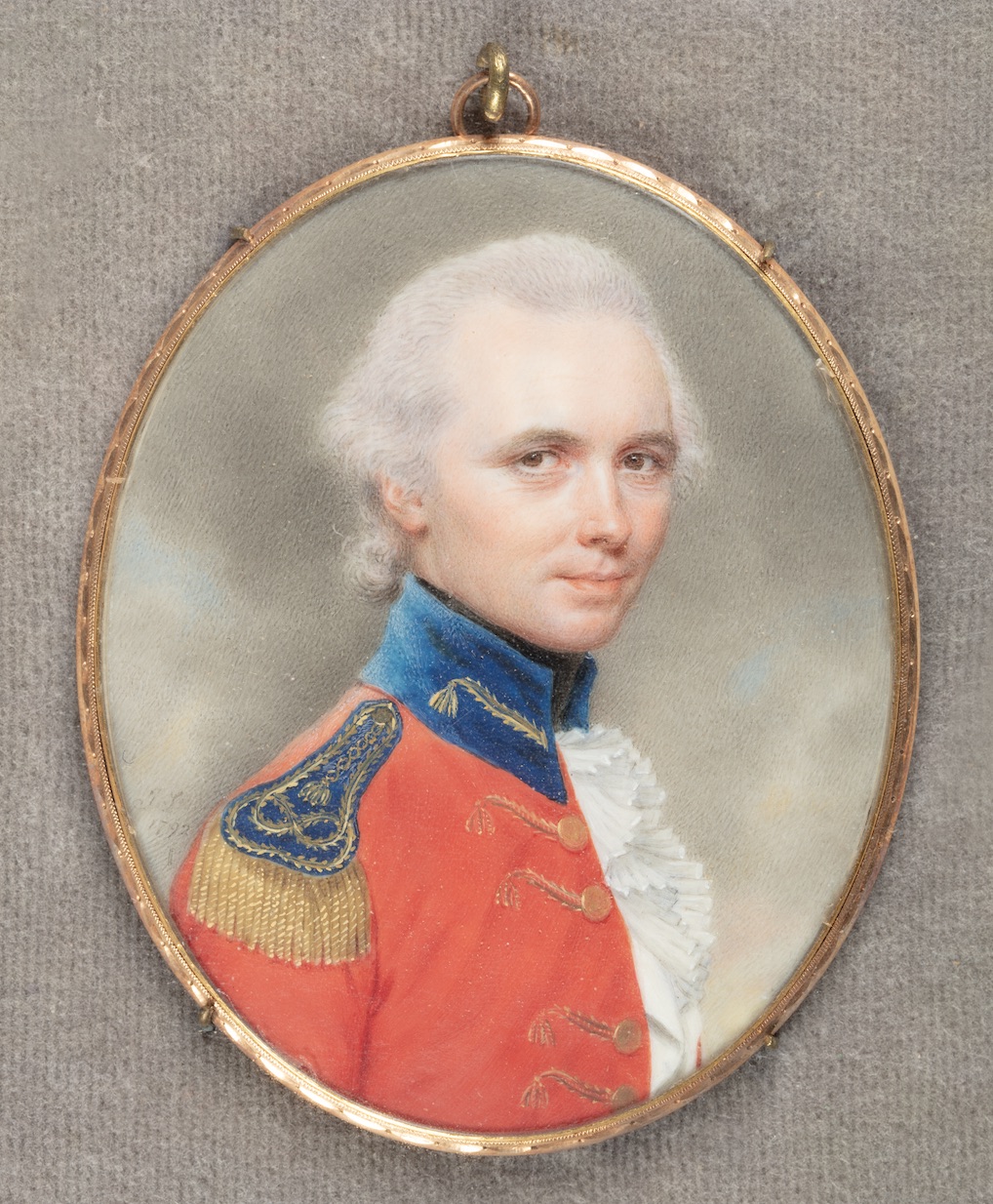
.jpg)
.jpg)
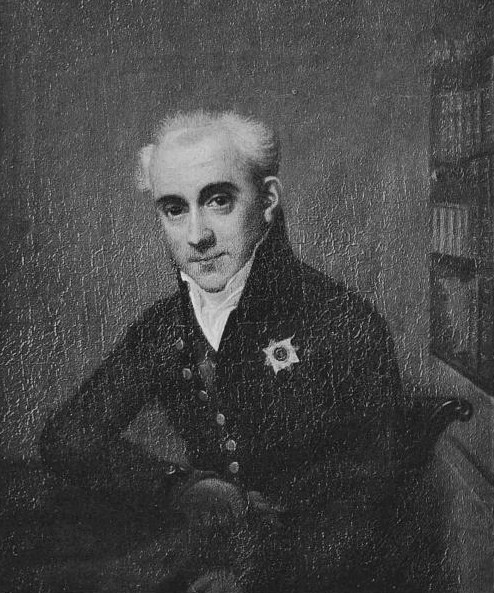

.jpg)
